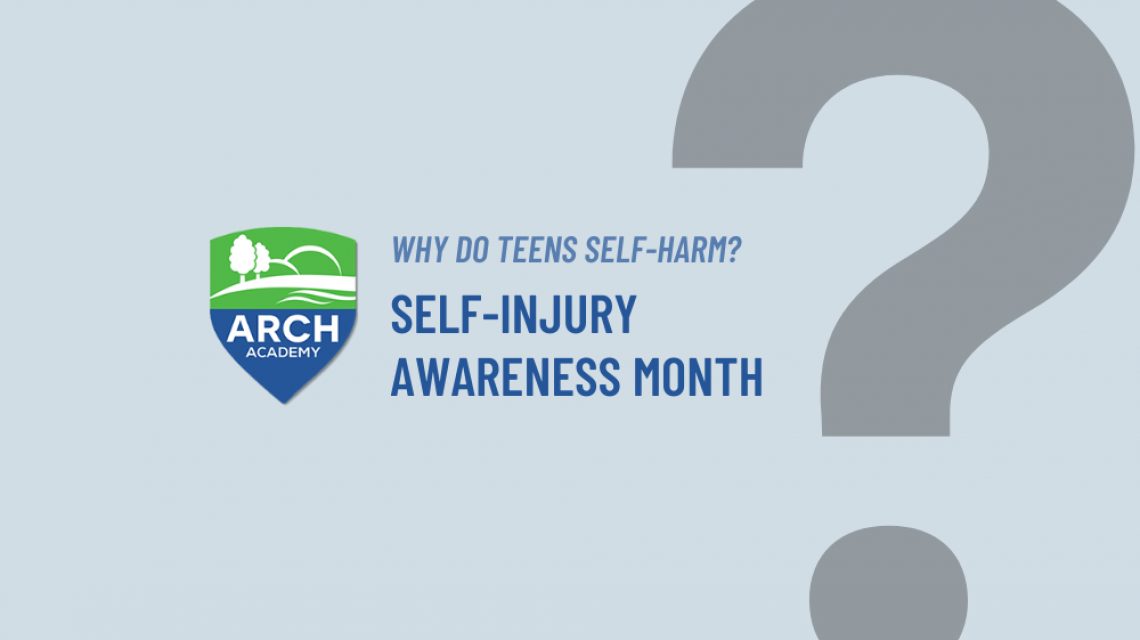Many adolescents today struggle to cope with the stress of growing up in an uncertain world. Young people who are still emotionally immature are especially vulnerable to peer pressure and media depictions telling them how to look and behave. The things they read or watch online can be especially damaging for teenagers’ mental health, which can lead them to take drastic measures.
Some young adults resort to self-injury to punish themselves or gain some sense of control over their lives. Typical forms of self-harm include cutting and burning. In less common instances, teens may pull out their hair, pick at their skin, punch walls or ingest toxic substances.
What Causes Teens to Self-Injure?
Self-harming adolescents are rarely suicidal. Most people who gravitate toward self-injury are seeking quick relief from intense emotional distress. Some teens who hurt themselves feel numb almost all the time. The pain causes a sense of clarity and helps them mute unpleasant thoughts and feelings.
By itself, self-harm is not a mental illness. Still, it can be a side effect of several mental health issues, including borderline personality disorder, depression, eating disorders, anxiety and PTSD. The intense guilt and shame associated with self-injury can further perpetuate the cycle. Since self-harming behavior typically takes place in private, it can also cause loneliness and isolation.
Other reasons a teen may turn to self-harm as a coping strategy include feeling emotionally disconnected and invisible or wanting to fit in with friends who self-injure.
Warning Signs of Self-Harm Among Teens
Self-harm isn’t necessarily a cry for help or an indicator that your son is experiencing suicidal ideation. The injuries are challenging to spot because teens make them in areas they can hide with their clothes.
Here are some red flags to look for if you suspect your teen son is deliberately hurting himself.
- Wearing long sleeves and pants year-round, even when it’s hot outside
- Hiding sharp objects like razor blades or box cutters in his room
- Frequently responding to conflicts or problems by locking himself away for long periods
How to Prevent Adolescent Self-Harm
As a parent, you play a pivotal role in preventing your child from self-injury. Teens need to feel heard, seen and emotionally validated. If family arguments occur, you should communicate and collaborate to resolve any lingering tension. Family therapy can be an effective treatment for adolescent self-harm. A therapist can teach you to improve communications and solve problems as a team.
Self-harming behavior can be extremely dangerous, particularly if your son is also abusing drugs or alcohol. Self-injury and substance use frequently co-occur, compounding each other in a destructive pattern.
If you discover your son is self-harming or engaging in other unhealthy behaviors, family therapy can help you heal. At ARCH Academy, we believe family involvement in the treatment process benefits everyone. Our programming includes include individual sessions, family intensives, multi-family groups and lunch-and-learn support groups.
To learn more about the benefits of evidence-based recovery in a single-gender environment designed specifically for adolescent boys, reach out to our team today.




